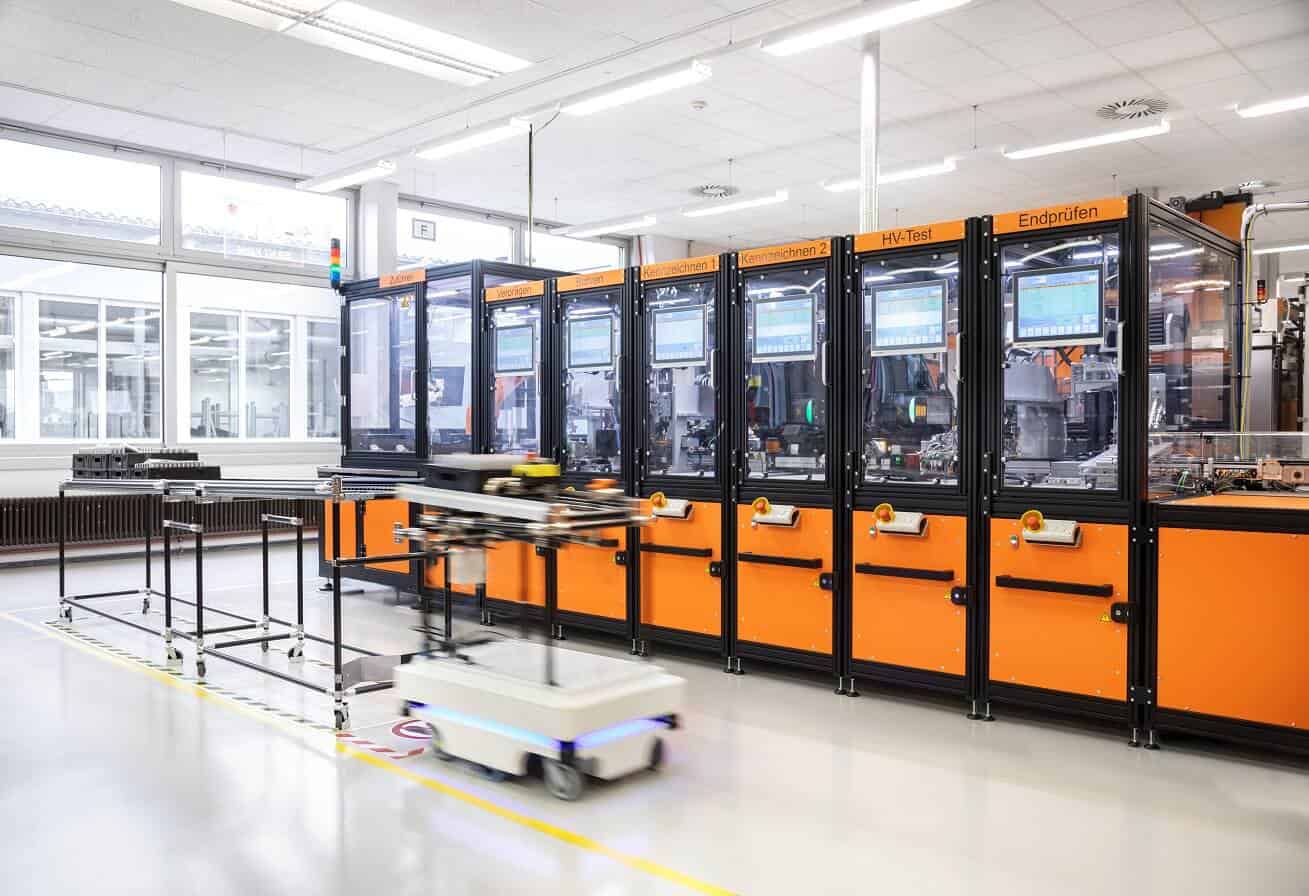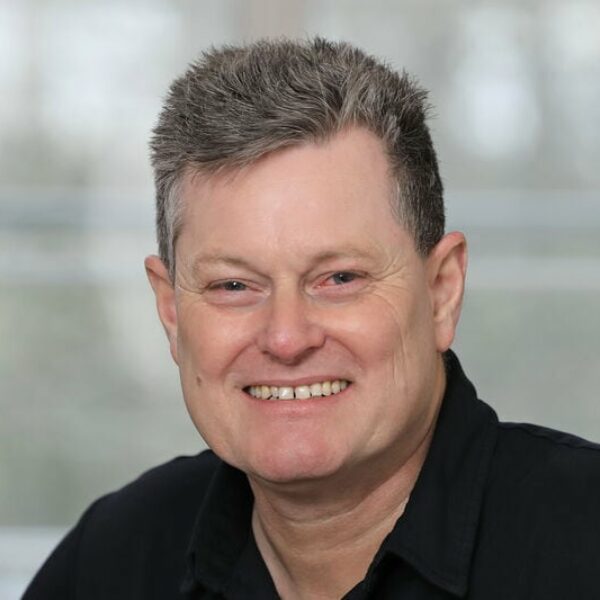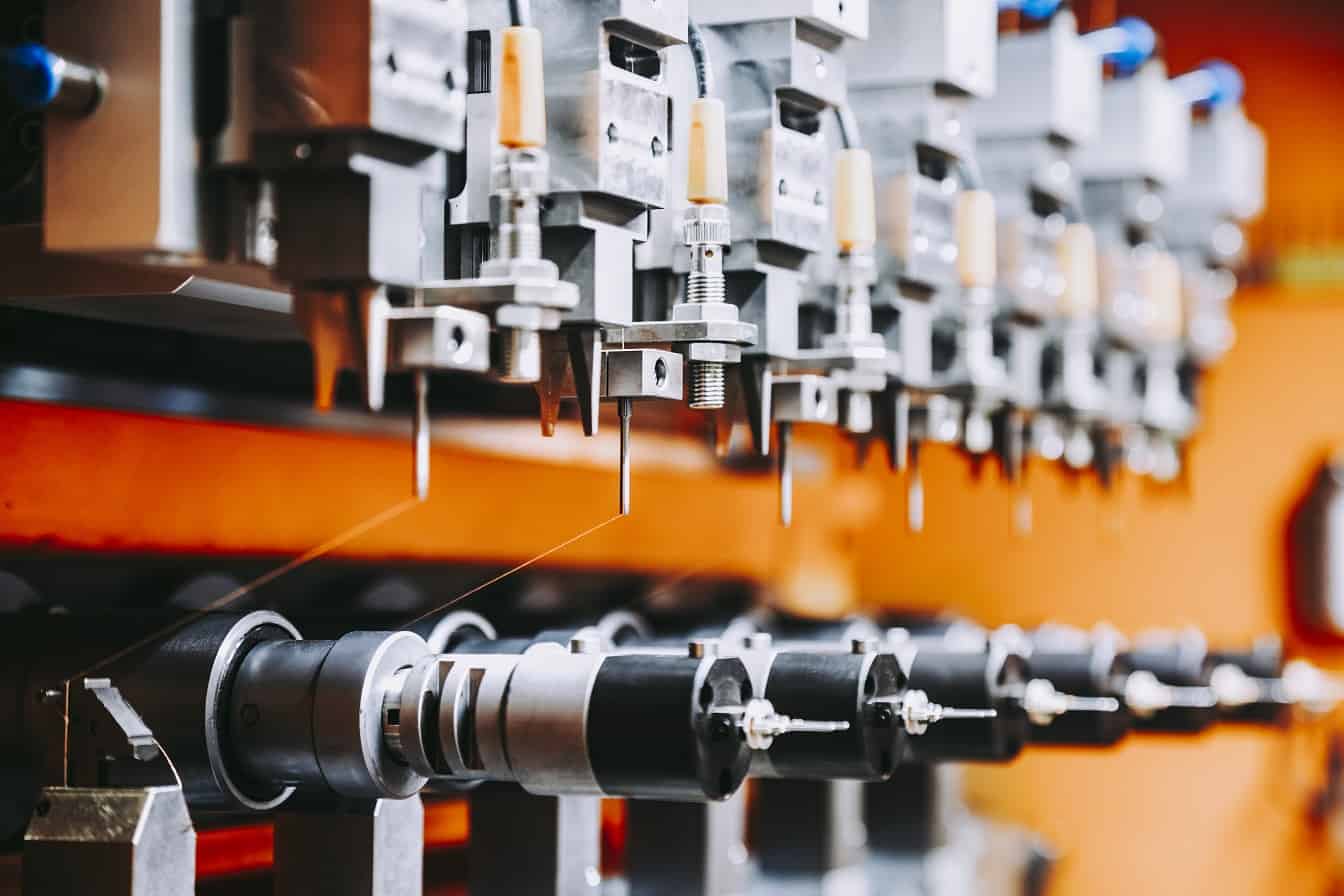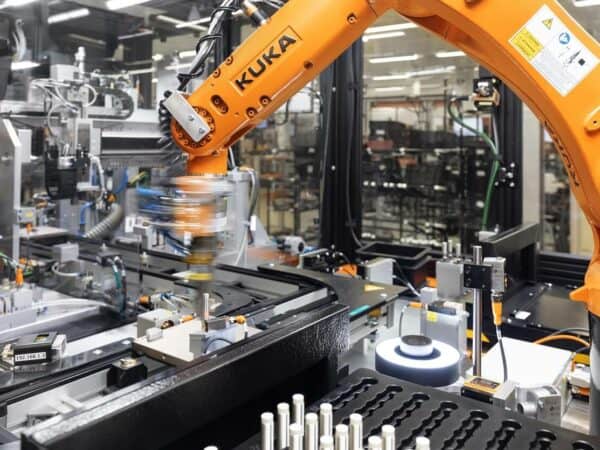

Interview with Bernd Hausler, Managing Director at ifm efector GmbH
ifm is a leading supplier of innovative automation technology. Managing Director Bernd Hausler explains in an interview how digitalization is helping open up new fields of business and what challenges the industry will struggle with in the future.

Bernd Hausler
General Manager
ifm efector gmbh

Mr. Hausler, lean, digitalization, and sustainability are part of a whole for you. Can a company elude this trinity today?
In production, these three areas can no longer be separated from one another, and they are the key to global competitiveness. In Germany, the problem is that we must achieve the cost-effectiveness of our competitors in Asia and Eastern Europe. We can only do this with creative solutions. A small series manufacturer such as ifm, for example, cannot automate production completely for cost reasons. As a result, smart solutions such as AI processes supporting manual or partially automated workstations make these competitive on an international level.
Can you express the effect in figures?
Before we started relying completely on digitalization in 2017, we were able to regularly record a 3 to 5% increase in efficiency by taking normal improvement measures. However, this was not sufficient to keep the German location competitive. We had to keep on shoveling and achieved an advance with digital tools: a 10 to 20% efficiency increase!
How is lean incorporated into a digitalization strategy?
Digital tools can only create such an efficiency increase if a company has defined clear flows and processes; lean offers the basis for a clean digital process. At ifm, we introduced a clear strategy and lean processes more than ten years ago. Then we were able to build digitalization on top of that. Among medium-sized German companies, there are many that have failed to do their homework. Therefore, they often lack digitally mapped processes.
In Germany, the problem is that we must achieve the cost-effectiveness of our competitors in Asia and Eastern Europe. We can only do this with creative solutions.
BERND HAUSLER
General Manager, ifm efector gmbh
Many companies fear that they will have to overhaul their entire organization in the course of digitalization. Is this worry justified?
I advise starting with a lighthouse project in a small, clearly defined area. Here’s why: To eliminate concerns, start, and then draw conclusions for the entire company from the first steps. Here I wouldn’t speak of milestones, but rather of a lean journey that is continued with new, digital tools. Many entrepreneurs are unsure about all the new tools and do not trust themselves to simply try things out. Unfortunately, this is also the case with some large companies. But fending off the attack of new, digitally oriented competitors requires courage and openness to new technologies.
How can curiosity and active commitment be encouraged among employees?
We try to encourage fantasy and creativity without demanding results. An example: I made EUR 25,000 available to our employees for the purchase of a robot. We intentionally started small and did not make a ROI plan. Instead, the motto was: Learn to walk with the new tool and formulate possibilities for sensible use via various series of experiments. A company must be prepared to make such risk investments and to grant staff room to make mistakes and explore dead-end streets. For it’s not always the case that a creative approach leads to success. Don’t always strive for perfection, leave some room for trial and error.
Is there an example of how this approach resulted in a new product at ifm?
An example would be the “intelligent workstation” that we developed. Originally, the concern was to prevent slips in small-series manufacturing. We had already exhausted the usual sensor methods. So, we sponsored a hackathon with the topic “intelligent packaging for small series.” Students from seven universities researched, experimented, and developed for two days before they presented their results. One idea was especially persuasive: A workstation with AI-assisted image processing as support for employees. A member of the winning team was Sonja Reiner, whom we subsequently hired and who now, as the person in charge of our “ifm mate” worker assistance system, is enhancing it. While solving our own problems, we found solutions and products for us and our customers.
Is the intelligent workstation also a way to address the looming shortage of skilled workers?
The system is predestined for making it possible to carry out complex activities without a lot of previous knowledge. However, in order to use the “ifm mate” sensibly, companies need to introduce lean. First the workflows in the physical world must be standardized consistently; only after that can additional potential be exploited with clever digital tools – keyword quality/error costs.
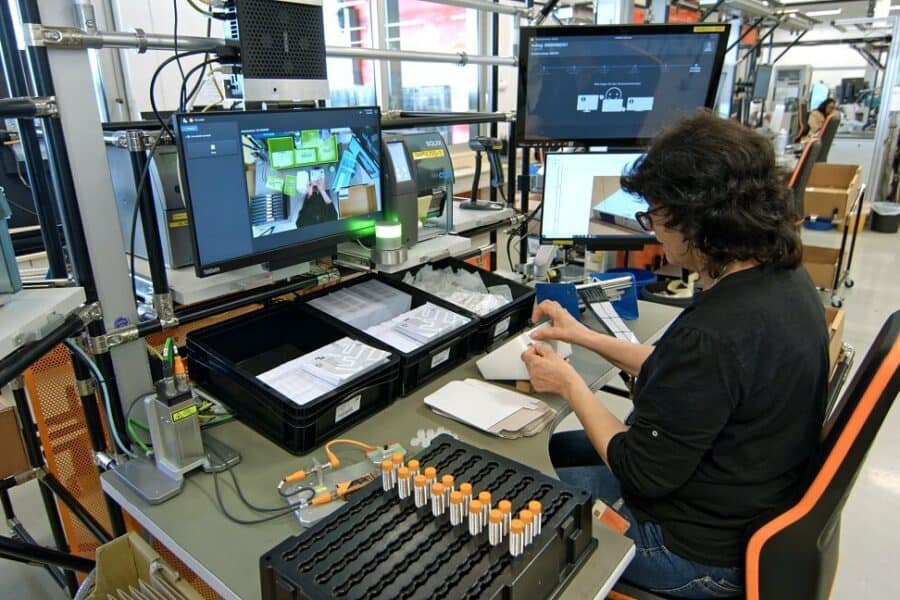
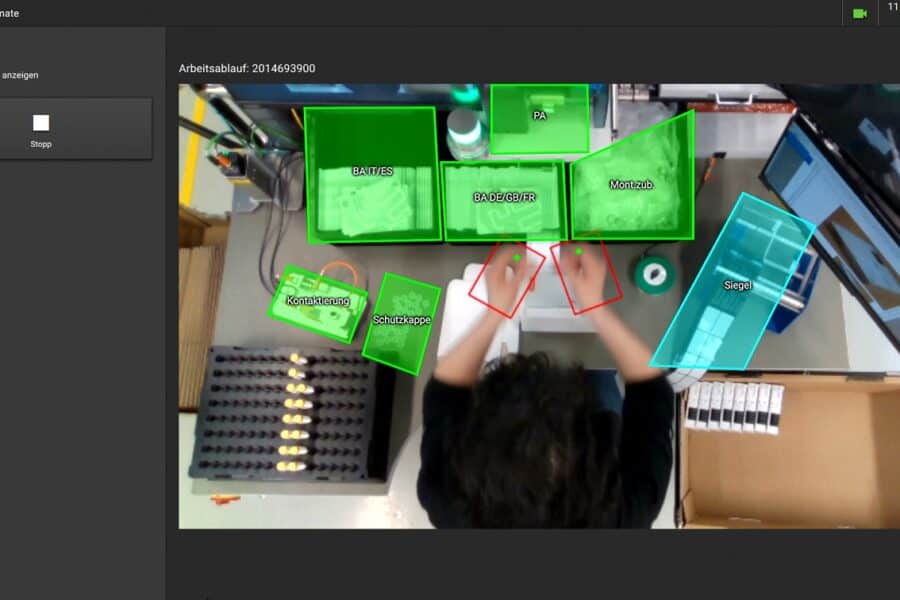
The worker assistance system in use at ifm‘s production location in Tettnang, Germany.
What will the “factory of the year” look like in five years?
Digitalization and increased efficiency will remain important issues, which will be marked ever more by the topic of sustainability. Lean, digitalization, and sustainability will be Woven together even tighter. This means that intelligent systems must be adapted to production plans and lines and must start and shut down automatically. Especially topics relating to energy savings will be more important. Lean comes into play here too, for only if the machines and processes run in stable fashion can the automatic switch-off be transferred to the system.
Does this mean that anyone who lags behind with regard to lean and digitalization will also lose track of the topic of sustainability?
Many companies will not fulfill the requirements for sustainability in due time and, for example, will not be able to clearly define their CO2 footprint. But the social, political, and economic pressures are increasing. In the future, industry will be required to provide clean data – and thus also clean products.
The company
With approximately 8,100 employees and sales of more than EUR 1.2 billion each year, the ifm Group is a critical, globally active supplier of systems and components for automation technology for industrial companies. The company‘s own products and solutions are deployed in its own production. They helped the company win the well-known industrial competition “Factory of the Year.“
1969
founded
8.100
Employees
1.252
MILLION € Sales
Magazine Article about ifm
“Lean, digitalization and sustainability will be even more tightly interwoven.”
You might also be interested in

How to fuel growth with sustainability
The family-owned company Hargassner has been on the market for more than 38 years. With over 140,000 satisfied customers around the world, it has made a name for itself as a pioneer in environmentally friendly heating with renewable energy. This biomass heating technology specialist employs more than 700 qualified workers and has a production capacity of over 25,000 boilers per year. Its intelligent wood chip, pellet & firewood heating systems are exported to 36 countries.
Read more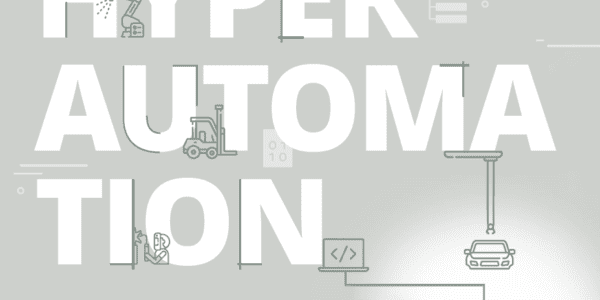
Hyperautomation
After Robotic Process Automation (RPA), the first companies are already taking the next development step with hyperautomation. Racel Maalej, partner and managing director at technology partner PKF Fasselt Consulting GmbH and its subsidiary CAPTOS GmbH, and Frank Krüger, Senior Partner at Staufen AG responsible for the topic of digitization, discuss the direction in which technology is developing and how it is finding its way out of offices and into production halls.
Read more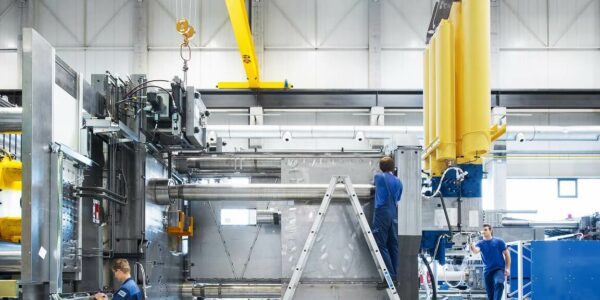
“Our goal is not to spend a cent more on electricity in the future.”
As a supplier of die casting technologies, Oskar Frech GmbH + Co. KG operates in an energy-intensive environment. Thanks to efficiency improvements and sustainable planning, the hidden champion was able to drastically reduce its energy consumption. Managing Director Dr. Tim Nikolaou explains in an interview how the transformation succeeded and what role lean management plays in the green transformation.
Read more